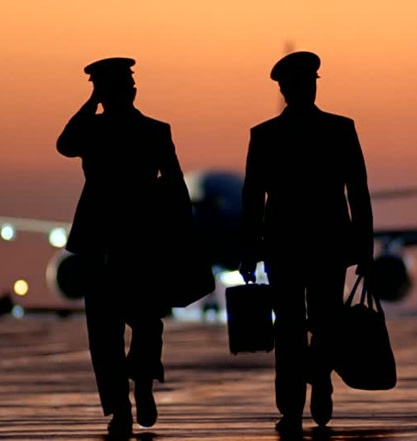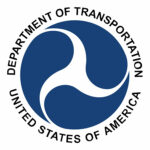Sweeping FAA Reauthorization Bill Working Through Congress
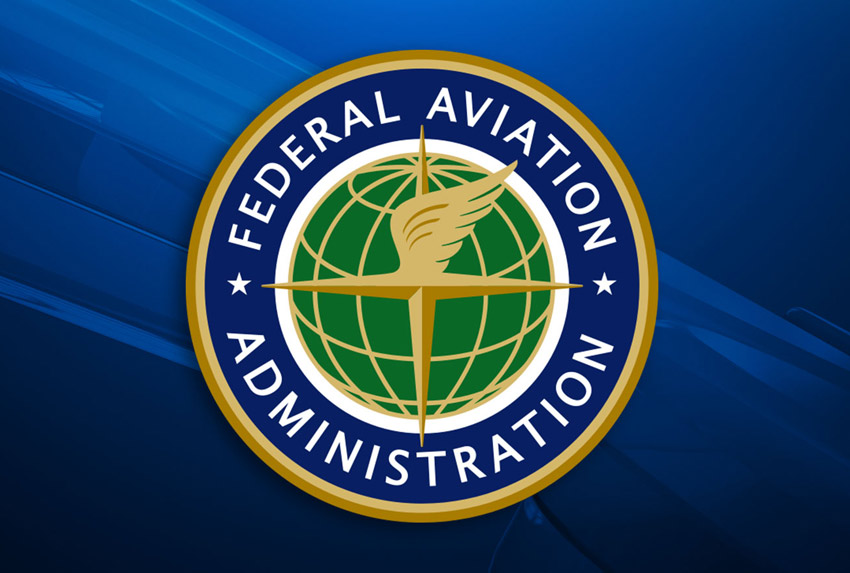
For the first time since 2015 there is a multi-year extension for funding of the Federal Aviation Administration (FAA) working its way through congress. The FAA has been operating under short term authorization since 2015.
The new bill, which has made its way through the house of representatives, is waiting on approval from the Senate and would provide for 5 years of funding for the FAA. The previous funding authorization for the FAA was set to expire September 30 though the House passed a short-term FAA extension to give the Senate an additional week to pass the authorization.
“The FAA needs the long-term certainty provided by this bipartisan agreement, and America’s airport infrastructure, air travelers, and innovators across our aerospace industry will benefit from these improvements,” said Bill Shuster (R-Pennsylvania).
H.R.302 combines several bills in addition to the FAA reauthorization, including the Disaster Recovery Reform Act of 2018, Transportation Security Administration reauthorization, and National Transportation Safety Board reauthorization.
The bill keeps FAA funding levels stable at $3.35 billion but increases the FAA’s authorized facilities and equipment funding levels by $370 million while providing more than $1 billion in additional funding for FAA operations.
What the Reauthorization Bill Means for Professional Pilots
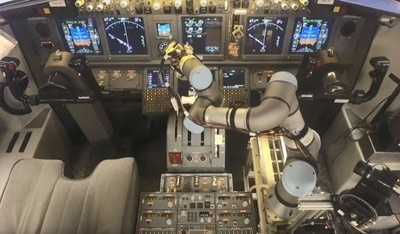
- Maintains first officer qualification, training, and experience requirements and the presence of two pilots in the operation of Part 121 passenger and cargo aircraft
- Mandates secondary cockpit barriers on new passenger airliners
- Addresses the safe transport of lithium batteries and promotes education regarding undeclared dangerous goods
- Establishes a Women in Aviation Advisory Board to promote organizations and programs that provide education, training, mentorship, outreach, and recruitment of women in aviation
- Establishes an aviation committee to strengthen Part 135 pilot rest and duty rules
Addresses Other Aviation Professionals
- Mandates longer rest periods for flight attendants between duty days
- Creates a program administered by the FAA to provide grants of up to $500,000 to support aviation maintenance workforce development
Updates to Infrastructure
- Air Traffic Control will remain a government run function rather than a previous idea of privatizing it
- Essential Air Service (EAS) will continue with funding in 2018 of $155 million per year increasing to $172 million per year by 2023
- Airport Improvement Grant Program (AIP) which provides grants to airports for development and planning would be funded at $3.35 billion per year
- Directs the U.S. Department of Transportation (DOT) to study the potential role of local government regarding unmanned aerial systems (UAS)
- Requires the FAA to study the impact of overflight noise and consider amending current departure procedures for noise
- Amends the contract tower program to modify the calculation of contract towers’ cost-benefit ratios
- Requires the FAA to consider whether supersonic airplanes should be able to fly over the continental United States
Changes For Airline Passengers
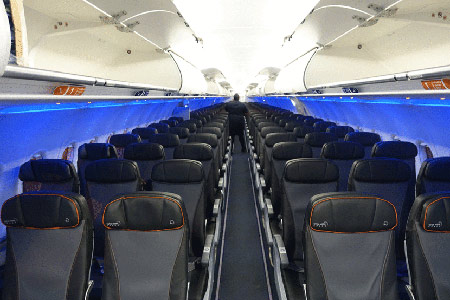
- Airlines would be required to provide refunds for services passengers paid for but did not receive
- No e-cigarettes or mobile phone use in flight
- The FAA will be required to set new minimum requirements for seat size on airplanes
- Prohibits involuntary bumping of passengers who have boarded a plane
- Require the FAA to determine if it is deceptive for airlines to tell passengers that a flight is impacted due to weather alone when other factors are involved
- Requires the Department of Transportation to establish an aviation consumer advocate to help consumers resolve complaints
“As Orville Wright once said, ‘The airplane stays up because it doesn’t have time to fall.’ This bill heeds that advice, keeps our airplanes flying and moves our aviation industry forward — and I was proud to support it,” said U.S. Rep. Steve Russell.
Greg started his professional pilot journey in 2002 after graduating from Embry Riddle. Since that time he has accumulated over 8,000 hours working as a pilot. Greg’s professional experience includes flight instructing, animal tracking, backcountry flying, forest firefighting, passenger charter, part 135 cargo, flying for a regional airline, a national low cost airline, a legacy airline, and also working as a manager in charge of Part 135 and Part 121 training programs.

